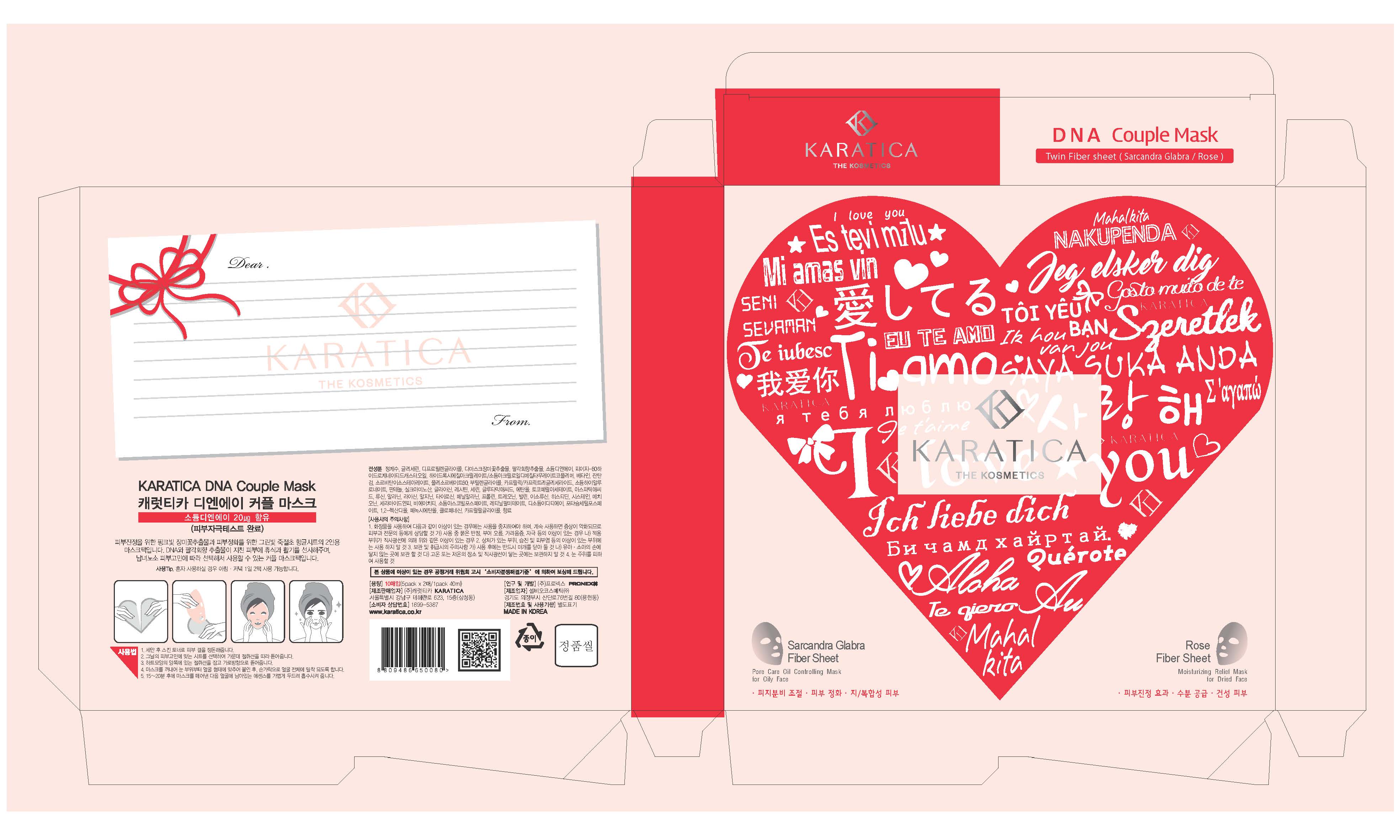Dna Couple Mask | Glycerin Liquid while Breastfeeding

What is Dna Couple Mask | Glycerin Liquid used for?
Brief: Multi Function: Anti-Wrinkle, Brightening, Immunization up
Dna Couple Mask | Glycerin Liquid while breastfeeding safe or not? Can there be any side effects for infant while using it during breastfeeding?

Dna Couple Mask | Glycerin Liquid Breastfeeding Analsys
Glycerin while Breastfeeding
Low RiskCAS Number: 56-81-5
Glycerin or glycerol is a normal component of human tissues. Involved in lipid and galactose synthesis which is metabolized to glucose or glycogen.It is found naturally in breast milk, with a highest concentration in colostrum. When it is used rectally as a laxative, has little or no absorption. It has been used in preterm infants. The oral or intravenous administration is rarely used (extracellular edema, intracranial hypertension, diagnosis of Meniere's disease). A short half-life span makes it compatible with breastfeeding in these rare cases.It also compatible with intraocular administration. It has been used in creams and gels to treat pain and cracks of nipple during lactation without clear results on effectiveness. In those cases it should be cleaned thoroughly with water before the next breast suckling to prevent it could be swallowed by the infant, since a high intestinal absorption may induce an increased plasma osmolality that can result in dehydration of the infant.
What if I already have used Dna Couple Mask | Glycerin Liquid?
Dna Couple Mask | Glycerin Liquid is in the category of low risk, if you have already used it then its not a big deal if health and behavior of baby is good. However your health care provider shall be aware of the fact that you have used Dna Couple Mask | Glycerin Liquid so you should inform him based on your convenience.
I am nursing mother and my doctor has suggested me to use Dna Couple Mask | Glycerin Liquid, is it safe?
Though Dna Couple Mask | Glycerin Liquid dose not comes in category of safe drugs rather it comes in category of low risk but if your doctor is aware that you are breastfeeding your baby and has still recommended it then its advantages must be outweighing the risks.
If I am using Dna Couple Mask | Glycerin Liquid, will my baby need extra monitoring?
Not much monitoring required while using Dna Couple Mask | Glycerin Liquid
Who can I talk to if I have questions about usage of Dna Couple Mask | Glycerin Liquid in breastfeeding?
US
National Womens Health and Breastfeeding Helpline: 800-994-9662 (TDD 888-220-5446) 9 a.m. and 6 p.m. ET, Monday through Friday
UK
National Breastfeeding Helpline: 0300-100-0212 9.30am to 9.30pm, daily
Association of Breastfeeding Mothers: 0300-330-5453
La Leche League: 0345-120-2918
The Breastfeeding Network supporter line in Bengali and Sylheti: 0300-456-2421
National Childbirth Trust (NCT): 0300-330-0700
Australia
National Breastfeeding Helpline: 1800-686-268 24 hours a day, 7 days a week
Canada
Telehealth Ontario for breastfeeding: 1-866-797-0000 24 hours a day, 7 days a week
